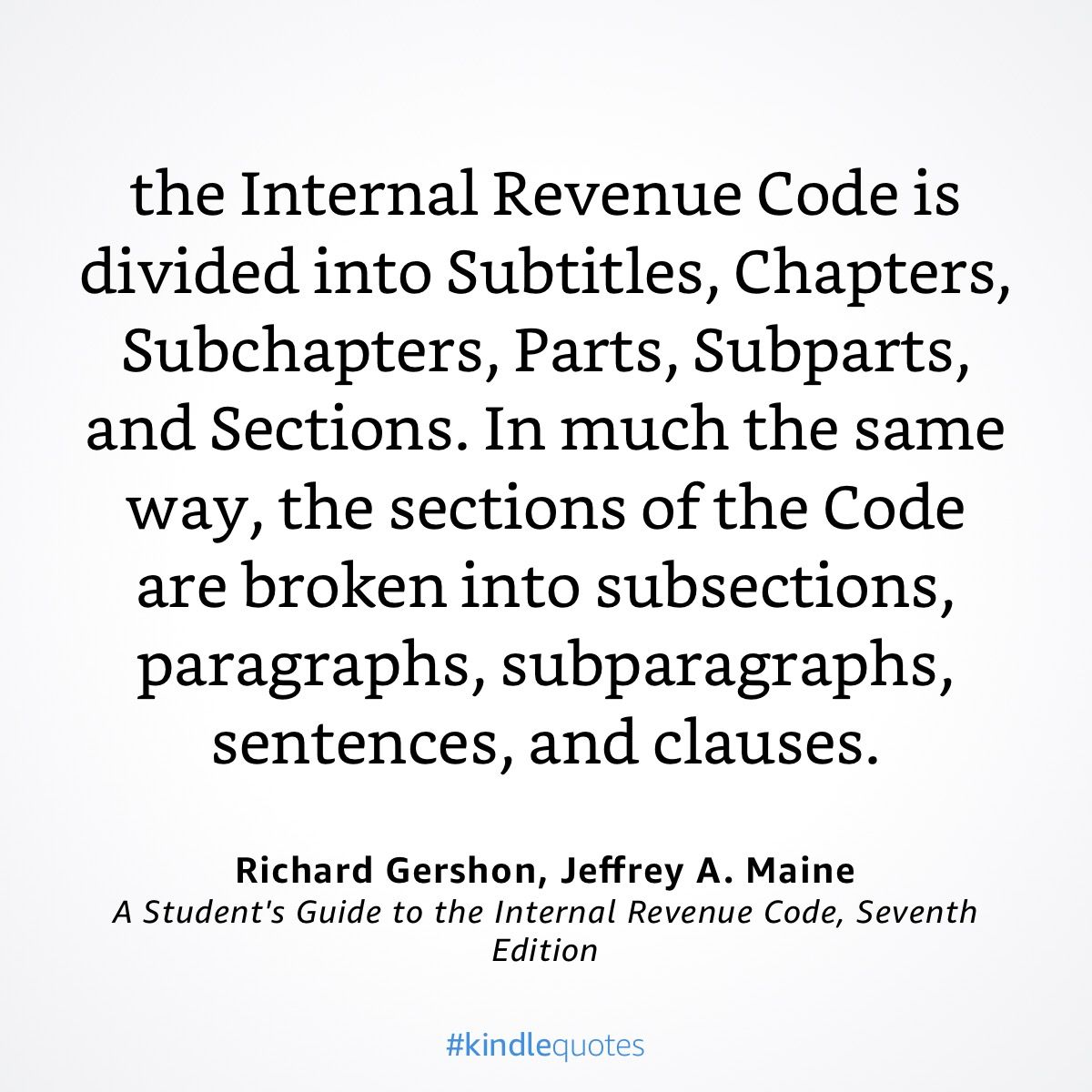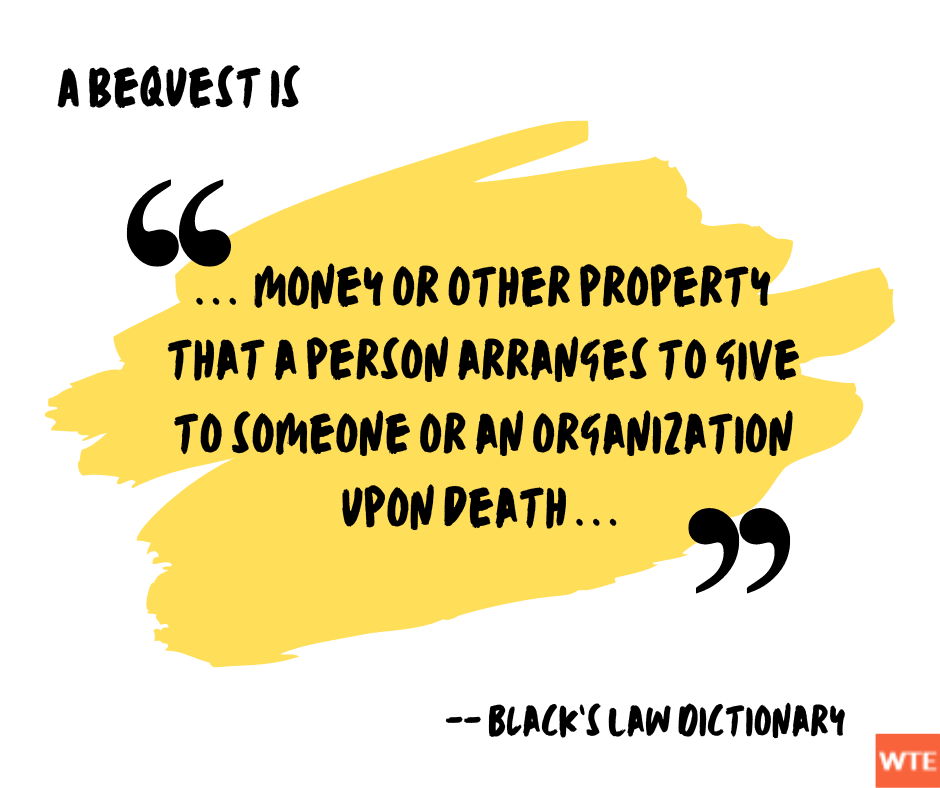In Revenue Procedure 2023-34, the IRS announced that the gift tax exclusion in 2024 will be $18,000 to any person, up from $17,000 in 2023.

The annual gift tax exclusion allows an individual to gift up to a certain amount of money ($18,000 in 2024) to another person without having to pay gift tax or use part of their lifetime gift (and estate) tax exemption. The exclusion is per recipient, meaning that the donor can gift up to the exclusion amount to as many people as they want in a given year. This can be a useful strategy for reducing the value of an individual's estate over time, as it allows taxpayers to transfer wealth to their loved ones without incurring tax liabilities.
For example, John Doe wants to gift money to his four children. He can give up to the annual exclusion amount to each child without incurring any gift tax. So, if the annual exclusion amount is $18,000, John can give each of his children up to $18,000 (for a total of $72,000) without any gift tax consequences.
The annual gift tax exclusion doesn't apply to gifts of future interests in property. IRC § 2503(b). The Regulations define a future interest as any interest in property “limited to commence in use, possession, or enjoyment at some future date or time.” Reg. § 25.2503–3(a). The reason the annual gift tax exclusion doesn't apply to gifts of future interests in property is because of the “difficulty, in many instances, of determining the number of eventual donees and the values of their respective gifts.” S. Rep. No. 665, 72nd Cong., 1st Sess. (1932), reprinted in 1939–1 (Part 2) CB 496, 526.
Hani Sarji
New York lawyer who cares about people, is fascinated by technology, and is writing his first book, Estate of Confusion: New York.





Leave a Comment